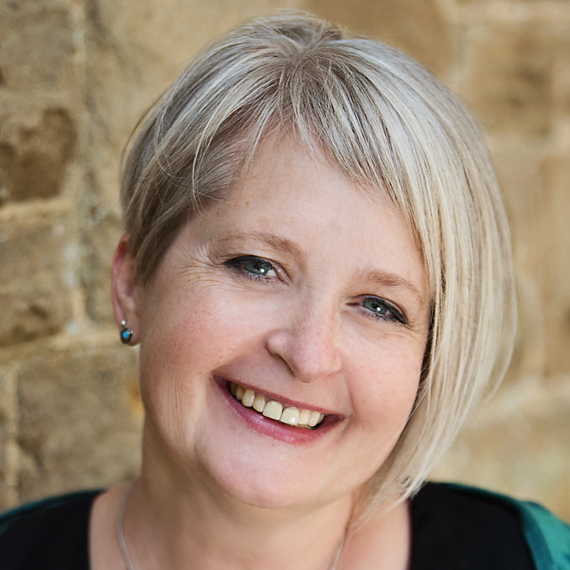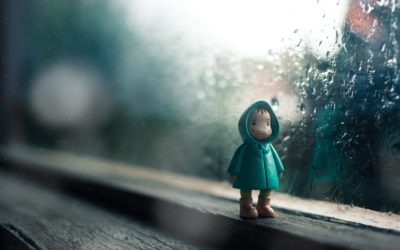You may remember I mentioned I’m studying the Science of Happiness through a course created by University of California Berkeley’s Greater Good Science Centre. I’ve only just started the course, but it’s already stimulating me to think about happiness in a much deeper way (I love learning!).
So, of course, being right at the start, we’re looking at what happiness actually is.
An obvious question, but I’m not sure I’ve ever really stopped to ask myself how I define happiness. I know when I feel happy, but what is it exactly?
I’ve also merrily assumed that my aim in life is to be happy, and that I want my kids to be happy too.
But now I’m wondering if that’s actually true. As part of the course we were asked to do a thought experiment:
Imagine that someone has invented a happiness machine that could make a person happy just by pressing a button; you could be as happy as you want, whenever you want. If you had access to the happiness machine, would you use it?
I realised my answer was ‘no’.
I realised that for me the process of discovering happiness gives the contextual meaning which brings me the experience of happiness. Without the meaning, I wouldn’t be happy. Then it would only be pleasure, and having it ‘on tap’ would reduce its impact (which I now understand is called “hedonic adaptation” – our ability to adapt to changes in our life circumstances or sensory experiences).
So what’s the difference between a meaningful life and a happy one?
Researchers have identified 5 major differences:
- Happy people satisfy their wants and needs, but that seems largely irrelevant to a meaningful life. This implies that health, wealth and ease in life are related to happiness but not meaning.
- Happiness involves being focused on the present, whereas meaningfulness involves thinking about the past, present and future and the relationship between them.
- Meaningfulness is derived from giving to other people, happiness comes from what they give to you (interestingly, spending more time with friends is linked more to happiness than meaning, whereas spending time with loved ones, for example taking care of children is linked to meaning rather than happiness).
- Meaningful lives involve stress and challenges.
- Self-expression is important to meaning, but not happiness.
This research sparked a lot of debate about what we actually mean when we talking about happiness.
I’ll leave this debate to the academics for now. I’m sure my own definition of happiness will become more crystallised over the coming weeks, but in the meantime what I feel to be true is that I don’t have to be happy to have a meaningful life, but I do have to have meaning to feel truly happy.
Without meaning, happiness becomes pleasure alone. Don’t get me wrong, I’ve nothing against pleasure!
But I realise it’s not pleasure I’m nurturing in my life – I want it all: meaning, happiness AND pleasure, in balance.
What about you? What would you do with that happiness machine?




